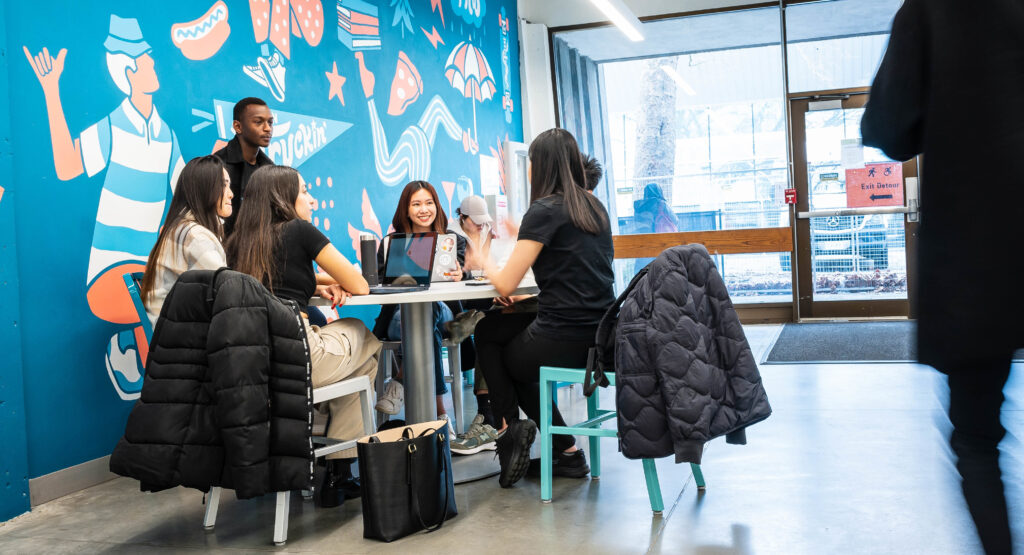
With midterm exams around the corner, stress levels are rising. For some students, that might mean increased mental health concerns.
To help support students’ mental health and wellbeing, and reduce the stigma sometimes associated with mental health issues, the University of British Columbia offers a breadth of services and resources on both the Vancouver and Okanagan campuses. From individual counselling services to workshops, the goal is to support both new and returning students by providing services and resources appropriate to their needs.
“Maintaining mental wellbeing is foundational to supporting the long-term success of students both inside and outside of the classroom,” said UBC’s Associate Vice President, Student Health and Wellbeing, Noorjean Hassam. “UBC is committed to fostering a supportive and sustainable learning environment for students. Nurturing mental health and wellbeing is a key ingredient when it comes to creating a supportive learning environment.”
Embedded counsellors within faculties
One unique mental health service at UBC Vancouver is the Embedded Counselling program. Embedded counsellors help students navigate the full range of services available to them and provide information about resources on campus, online, and in the community. They meet students individually to find out more about their concerns and work collaboratively to make a wellness plan that is right for them. Embedded counsellors also offer individual counselling, referrals, workshops, and outreach.
Supporting Indigenous students
The Indigenous Mental Health and Wellbeing Program offers services and supports specifically for Indigenous students at the university. Currently, the program counsellor and the IMHW Social Work Wellbeing Navigator support students on their wellbeing journey. The IMHW team offers everything from counselling services at the Longhouse and at Brock Hall, to connecting Indigenous students with community resources and supporting the access to cultural work. The IMHW program is grounded in both Mi’kmaq principles of Etuaptmumk or “Two-Eyed Seeing,” as shared by Elder Albert Marshall, as well as Western counselling techniques. The IMHW staff are committed to providing mental health services with cultural safety and humility as core values, while improving services with consistent self-reflection.
“We want to ensure all Indigenous UBC students are treated gently, with respect and honored for their wisdom when they walk in our doors,” said IMHW Program Associate Director Renée Avitan, who is Shúhtaǫt’ine and a Tulit’a Dene Band Member.
The importance of social connection
With a new academic year underway, Hassam encouraged students to use the opportunity to make new connections and build healthy habits.
“For many, a new school year is a fresh start, and a chance to start and develop healthy habits around sleep, nutrition, and physical activity,” she said. “It’s never too late for students to get connected and build community. We know from the pandemic that establishing social bonds, whether through in-person or virtual means, is critical to mental health.”
Please visit the UBC News site to read the full story.
Through Strategy 3: Thriving Communities, UBC is committed to advancing sustainability and wellbeing through renewal and innovation in our learning environments, operations and infrastructure.